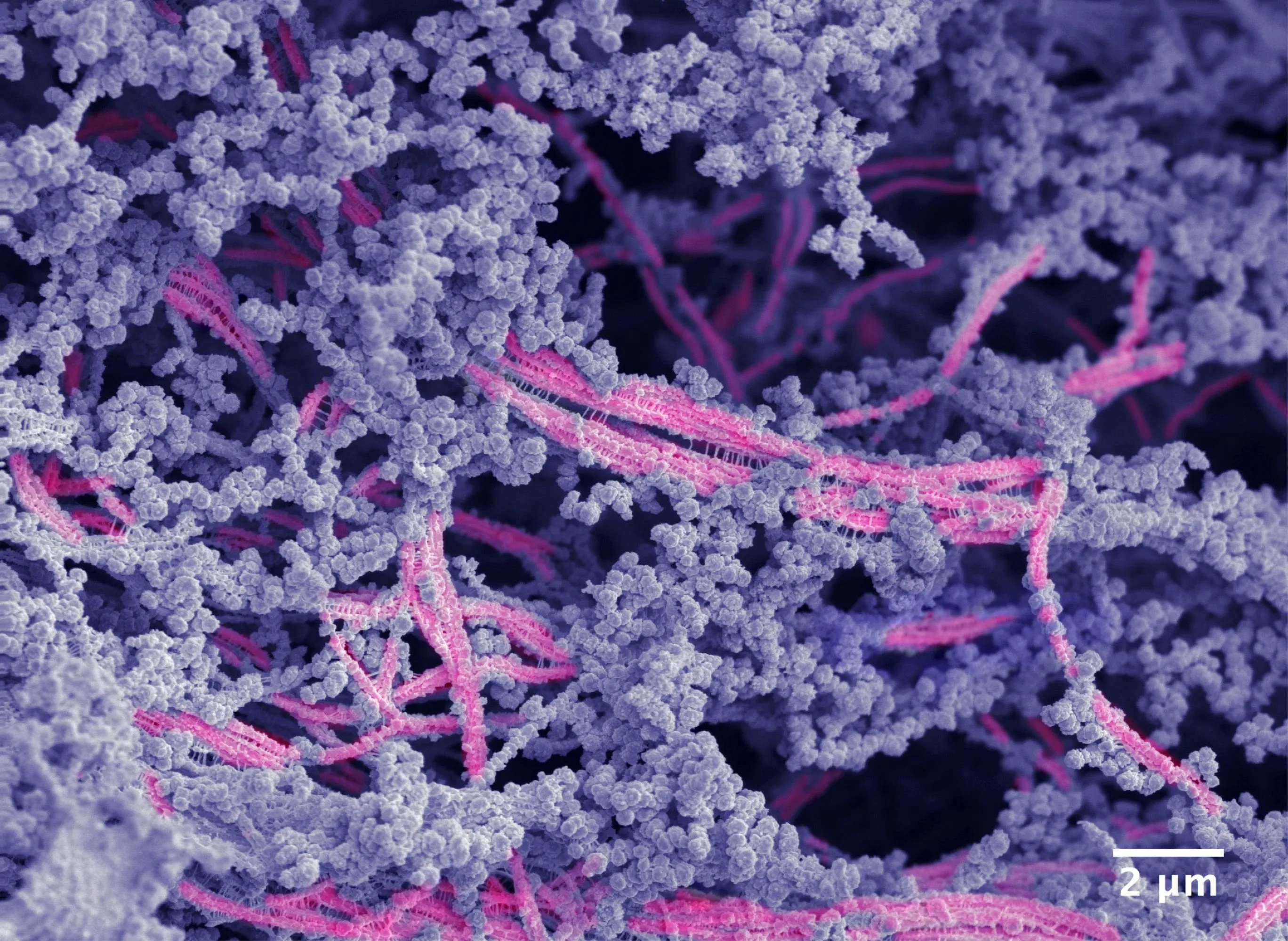News: Innovative Injection for Cartilage Reconstruction

News: A new injected “scaffold” of peptides and polymers could support and encourage cartilage growth. Cartilage is a persistent issue in joint medicine, often leading to irreversible joint replacements. A team of researchers from Northwestern University have identified pathways for potentially regrowing cartilage using this innovative scaffold. Samuel Stupp, the study leader, emphasizes the significant impact of cartilage damage on health and mobility, noting that adult cartilage has limited healing abilities.
Understanding the Cartilage Regeneration Study
The study published in PNAS Applied Biological Sciences explores how this new approach could fundamentally change treatment strategies. Historical focus has been on imitation cartilage rather than genuine regrowth.
Methodology and Findings
The scaffold made of hyaluronic acid and bioactive peptides, dosed with nano signals, aims to trick the body into generating new cartilage. This study utilized sheep as models due to their anatomical similarities to humans.
- Research shows better outcomes for sheep cartilage with the new scaffold.
- Differentiating from surgeries, this therapy presents a non-surgical option for older, at-risk patients.
Potential Impact on Joint Health
Stupp's findings indicate that this treatment can meet the pressing need for cartilage regeneration, addressing a growing demographic requiring assistance. This approach may limit the risks associated with artificial implants.
This article was prepared using information from open sources in accordance with the principles of Ethical Policy. The editorial team is not responsible for absolute accuracy, as it relies on data from the sources referenced.